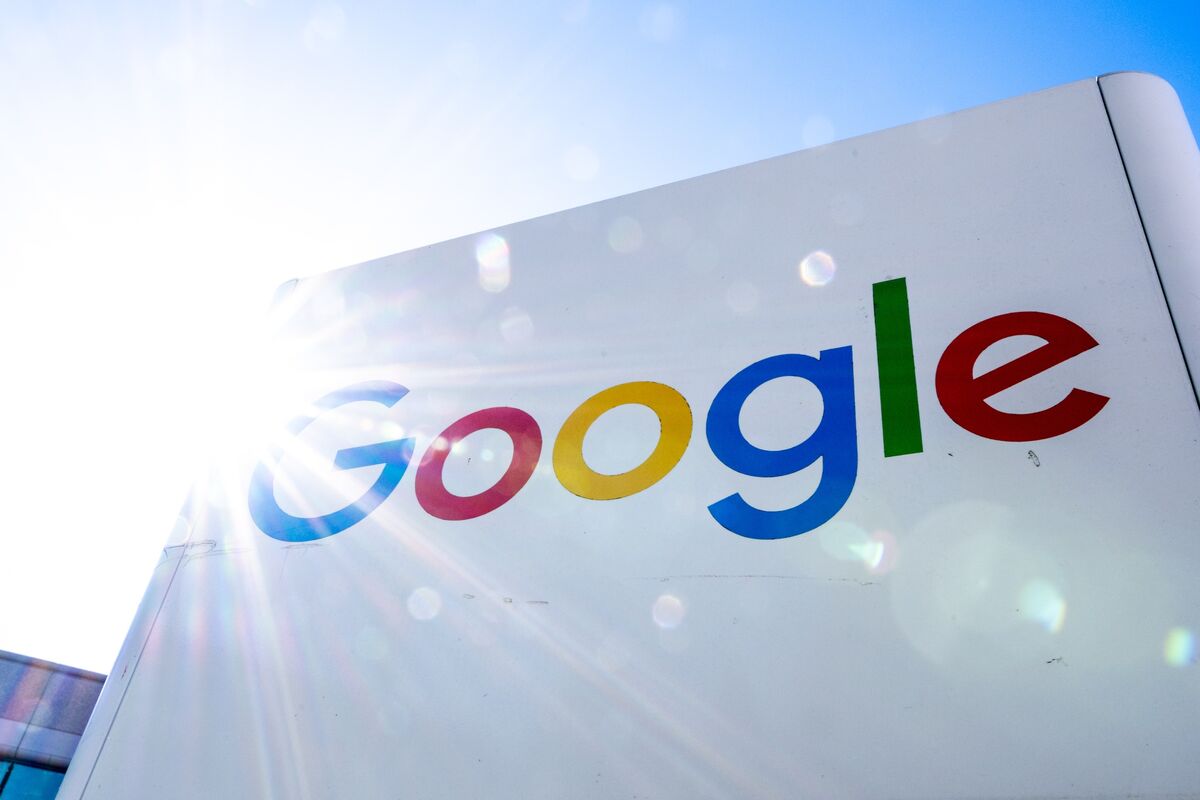Another Round: DOJ And Google Clash Over Search Engine Dominance

Table of Contents
The DOJ's Antitrust Case Against Google
The DOJ's antitrust lawsuit against Google rests on the assertion that the company has abused its dominant position in the search engine market, violating the Sherman Antitrust Act. This landmark legislation prohibits monopolies and anti-competitive practices that stifle competition and harm consumers. The DOJ's case hinges on several key accusations:
- Maintaining a Monopoly in General Web Search: The DOJ argues that Google leverages its dominant market share to exclude competitors and maintain its near-total control over the online search market. This dominance, they claim, is not the result of superior innovation alone but also of anti-competitive practices.
- Anti-competitive Practices Regarding Search Advertising: A significant portion of Google's revenue comes from its advertising platform. The DOJ alleges that Google uses its search dominance to favor its own advertising products, disadvantaging competitors and manipulating the market. This includes allegations of preferential treatment for its own products within search results.
- Exclusionary Contracts with Device Manufacturers and Mobile Carriers: The lawsuit alleges that Google uses exclusive agreements with device manufacturers and mobile carriers to pre-install its search engine and apps, making it difficult for competitors to gain a foothold. This practice, the DOJ argues, further solidifies Google's dominance.
- Strategic Acquisitions to Stifle Competition: The DOJ claims that Google has engaged in a series of acquisitions, not to foster innovation, but to eliminate potential competitors and consolidate its power within the search and advertising markets.
Google's Defense Strategies
Google vehemently denies the DOJ's accusations, arguing that its success stems from providing superior search results and a better user experience. Its defense strategy centers on several key points:
- Superior Search Results and User Experience: Google contends that its dominance is a direct result of offering a superior search engine, attracting users organically through innovation and quality. They argue that consumers choose Google because it delivers the best results.
- Arguments Against the Definition of the Relevant Market: Google challenges the DOJ's definition of the "relevant market," arguing that it's too narrowly defined and fails to account for the competitive landscape of other search engines, voice assistants, and specialized search tools.
- Emphasis on the Dynamic and Competitive Nature of the Tech Industry: Google emphasizes the fast-paced and ever-evolving nature of the tech industry, highlighting the constant emergence of new players and technologies. They argue that their market share is not static and faces ongoing competition.
- Highlighting Alternative Search Engines and Their Market Share: While acknowledging its significant market share, Google points to the existence of alternative search engines like Bing, DuckDuckGo, and others, albeit with considerably smaller market shares, to argue against the claim of a true monopoly.
Potential Outcomes and Implications
The outcome of this legal battle could significantly impact the tech industry. Potential outcomes include:
- Fines: Google could face substantial financial penalties for violating antitrust laws.
- Structural Changes (Breakup): The most drastic outcome would be a forced breakup of Google, separating its various services to promote competition.
- Behavioral Remedies: The court could impose restrictions on Google's business practices, such as limitations on its ability to favor its own products in search results or to enter into exclusive contracts.
The implications for consumers, competitors, and the broader market are substantial. Increased competition could lead to better search results, lower advertising prices, and increased innovation. However, it could also disrupt Google's services and potentially stifle innovation if changes are too drastic.
The Broader Context: Global Regulatory Scrutiny of Tech Giants
The DOJ's case against Google is not an isolated incident. It reflects a growing global trend of regulatory scrutiny targeting large technology companies, particularly concerning their market dominance and potential anti-competitive behavior.
- EU antitrust fines against Google: The European Union has already levied significant fines against Google for anti-competitive practices, including preferential treatment of its own shopping services.
- Other countries' investigations into Google's practices: Similar investigations and lawsuits are underway in other jurisdictions, indicating a worldwide concern about the power and influence of tech giants.
- The debate on the role of government regulation in the tech sector: This case fuels the ongoing debate about the appropriate role of government regulation in the rapidly evolving tech sector, balancing innovation with the need to maintain fair competition.
Conclusion: The Future of Search Engine Dominance – DOJ vs. Google
The "DOJ and Google clash over search engine dominance" is a pivotal legal battle with far-reaching implications for the future of online search and competition. The outcome will significantly impact Google's business practices, the competitive landscape of the search engine market, and the broader debate surrounding the regulation of tech giants. The potential for fines, structural changes, or behavioral remedies highlights the gravity of the allegations and the stakes involved. Staying informed about the developments in this case is crucial for understanding its implications for consumers and the tech industry as a whole. Further reading on antitrust law and the regulation of tech giants will provide a deeper understanding of this complex issue.

Featured Posts
-
 Chinas Automotive Landscape Challenges And Responses From Bmw Porsche And Beyond
Apr 22, 2025
Chinas Automotive Landscape Challenges And Responses From Bmw Porsche And Beyond
Apr 22, 2025 -
 Trump Administration Deepens Conflict With Harvard Announces 1 Billion Cut
Apr 22, 2025
Trump Administration Deepens Conflict With Harvard Announces 1 Billion Cut
Apr 22, 2025 -
 Review Razer Blade 16 2025 Ultra Portable Power At A Premium
Apr 22, 2025
Review Razer Blade 16 2025 Ultra Portable Power At A Premium
Apr 22, 2025 -
 Navigating The China Market The Struggles Of Bmw Porsche And Other Automakers
Apr 22, 2025
Navigating The China Market The Struggles Of Bmw Porsche And Other Automakers
Apr 22, 2025 -
 China And Indonesia Forging A Stronger Security Partnership
Apr 22, 2025
China And Indonesia Forging A Stronger Security Partnership
Apr 22, 2025
